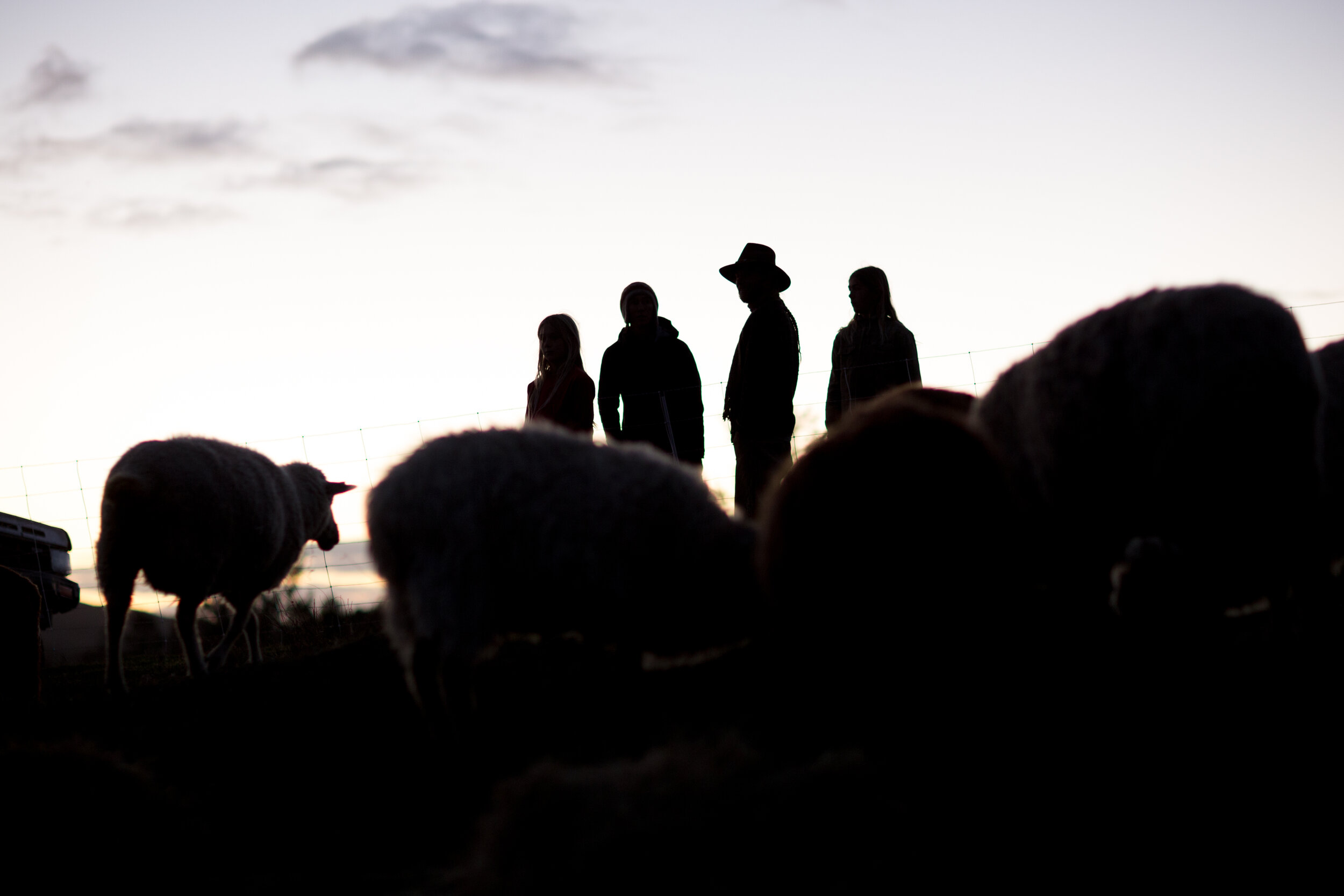
What is Climate Beneficial™?
From soil to fiber, and every step in between.
Healthy soil supports our world — it is the basis (literally & figuratively) on which life and civilization rest.
Climate Beneficial works to support the transition of whole farms and ranches to ecologically and socially resilient systems. We aim to drive systemic change across the fiber system from soil to garment by engaging radical transparency and collaboration.
The “Climate Beneficial™” verification is a reminder that the soil is the underpinning of our natural fiber system.
Climate Beneficial™ agriculture is a holistic approach to farming that aims to support whole farm health in order to rebalance the carbon cycle, improve soil health, protect watersheds, support local biodiversity, and contribute to resilient producer livelihoods.
As a verification and product label Climate Beneficial provides an industry aligned mechanism to equitably compensate growers for landscape transformation and deliver brands the data and storytelling assets necessary for their sustainability goals.
Through a whole farm planning process, engagement with the CBV team, and work with regional technical assistance providers growers choose a set of practices that holistically tackle outcome categories, maximize impact, and attune to the specific landscape and growing context.
Climate Beneficial™ fiber producers begin by creating a holistic Resilient Ranch Plan, or Carbon Farm Plan; an integral farm planning process pioneered by our partners at The Carbon Cycle Institute. Producers work with regional Technical Assistance providers to identify opportunities, priorities, and plans to transition to Climate Beneficial™ farming and ranching practices during this process. TAP’s are funded by state and federal grant dollars and work to connect growers with other funding sources that can support their transition alongside market premiums.
Producers then implement plans, monitor practices, and report on results - supporting outcomes across our key impact areas: soil health, carbon sequestration, biodiversity, watershed health and community resilience. Each practice is mapped against these Climate Beneficial™ Verified (CBV) Outcome categories in order to support growers in an implementation strategy that will allow them to achieve holistic outcomes. For full details on the verification program impact assessment framework, verification process, and claims guidance you can see the program guidance document.
Our clothing, when constructed with natural fibers, can be a carbon sink.
Natural fibers like wool, cotton, alpaca, and flax linen can be grown and raised in ways that maximize the drawdown of carbon from the atmosphere to help restore ecosystem health and stabilize our climate.
By connecting fiber producers with designers and markets that value ecosystem services, we can grow materials and supply chains rooted in verified practices that—
Increase Soil Organic Carbon levels
Enhance biodiversity by providing habitat for pollinators, birds, and many species
Improve the water-holding capacity of the soil
Restore healthy ecosystems, from the soil microbiome to nutrient cycles
Provide measurable climate benefits, quantified by open-source data tools
The North Face’s Cali Wool Collection features Climate Beneficial™ Wool in their knit & woven products.

The Climate Beneficial™ Verification program and label
supports farmers and ranchers in landscape level
stewardship that centers the work to build healthy soil.
We focus on engaging producers and developing financial and technical
support to enhance the drawdown of carbon from the atmosphere.


